Where do your employees go for answers to questions they have at work? Slack channels? Google drives? Email? Intranet? All of the above?
The explosion of digital technology over the last decade means that critical business information is now scattered across many different sources. Finding knowledge can therefore be a frustrating, time-consuming and productivity-draining task… unless you create a single repository for all the answers your workers might need.
Developing a modern knowledge management will improve your organization’s agility by giving employees quick and easy access to the answers they need to solve problems, serve customers and do their best work.
What are knowledge bases?
A knowledge base platform is a centralized digital store where employees can go to find all the information they need to do their jobs. This can include information on everything from products and services to company policies, team structures, and workflows.
The content in a knowledge base system is not fixed but will change and expand over time, as subject matter experts keep adding information that employees will find useful.
Database vs. knowledge base
What’s the difference between a database and a knowledge base? A database is where your organization’s data is stored in its most basic form. A knowledge base is where your employees can go for on-demand answers to questions that arise in the course of their work. It’s a place where contextualized knowledge can be captured, retained, and reused.
A good way to think of it is by comparing information to food. The database is like a store cupboard where all the raw ingredients are kept. Everything you need for a delicious meal is here, but you will have to spend time assembling your items into something you can eat. Knowledge base tools, on the other hand, function more like a snack bar. The food here is prepared and ready to consume. Anyone can come and instantly satisfy their hunger pangs – even people who don’t know how to cook.
Types of knowledge bases
There are four basic types of knowledge bases.
Internal Knowledge Bases
This is a dedicated knowledge base platform where you collect all the answers your employees need to work, grow, and prosper within your company. The content stored here is not usually intended for external use and may include HR information (for example, pay policies and performance management processes), training resources, IT support, and company FAQs.
External Knowledge Bases
Also called a customer service knowledge base, an external knowledge base stores information that may be shared with customers and clients (for example, guides, product manuals, and FAQs).
Open-Source Knowledge Bases
People have varying definitions of the term “open source” – but for the purposes of this article, we’re talking about software that is free to modify and distribute. This gives you full control over the code so you can tailor the knowledge base to your business. It also means you can integrate it into your tech stack without paying for a subscription (although the software itself is not necessarily free).
Hosted Knowledge Bases
Not sure you want to take on the risk and responsibility of hosting your own open-source knowledge base? Hosted knowledge base companies, offer a simpler and safer alternative. As the name suggests, they store your data on their own servers. They’ll also usually provide extensive customer support to help you set up and build your knowledge base the way you want it.
Matching your knowledge base strategy to your organization’s needs
Given the various types of knowledge bases available, how do you determine the right modern knowledge management for your business?
First things first, work out if it’s an internal or an external knowledge base you need. Our research has found that the average knowledge worker spends three hours a day searching for information – and 44% of all searches end in failure. If finding answers is even half as difficult as this for your employees, then an internal knowledge base platform would bring significant benefits to your business and your bottom line.
By giving workers instant access to collective knowledge, you can reduce the amount of time spent searching for information and free people up to get on with the job of serving customers and growing your business.
Save time and money with a modern knowledge base
Research suggests that more than half of workers (61%) can’t find the information they need to do their job effectively. This is costing organizations large amounts of time, money, competitive advantage, and customer goodwill.
Knowledge bases solve this business-critical problem by gathering content together into a central online repository and enabling employees to jump straight to the answers they need.
Learn more about knowledge bases and how they boost productivity, collaboration and innovation by downloading a recent commissioned study conducted by Forrester Consulting on behalf of Starmind, The Modern Workplace Demands A New Approach To Knowledge Management (March 2022).






